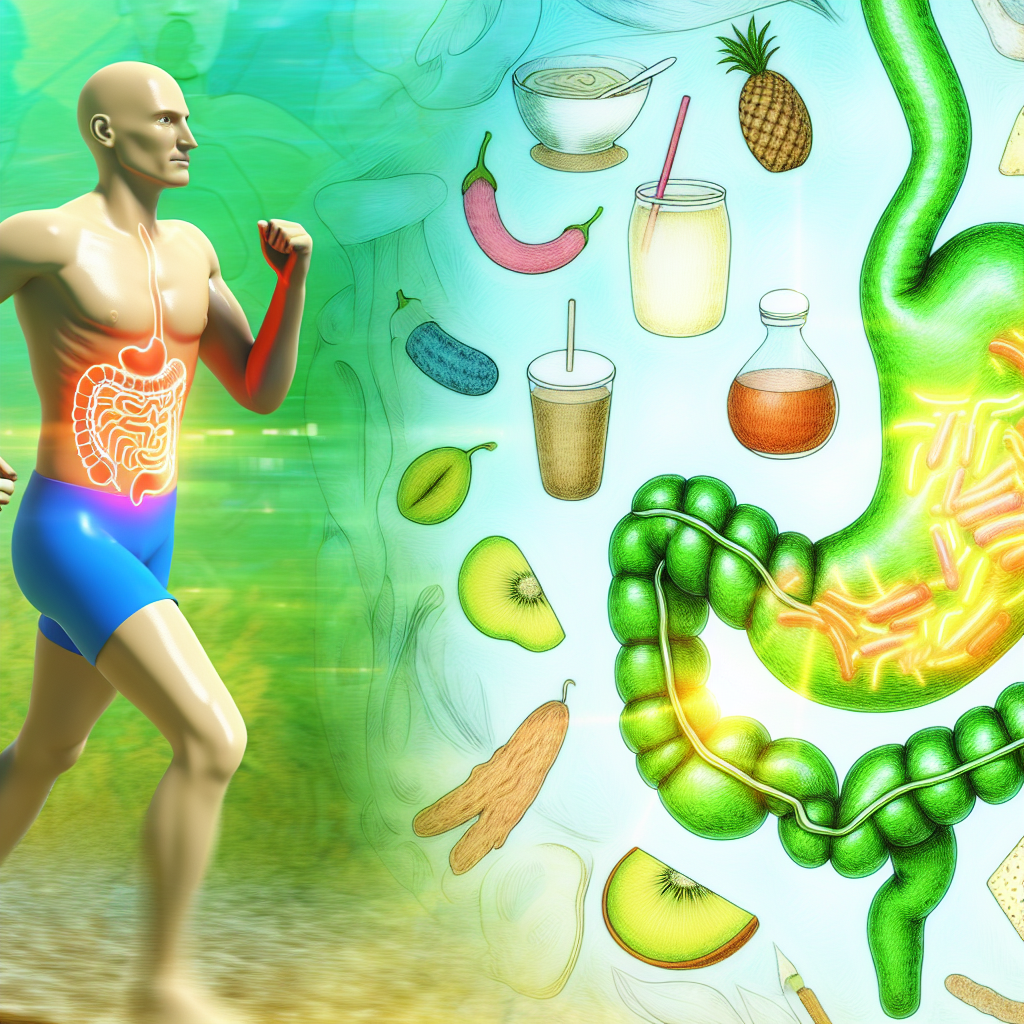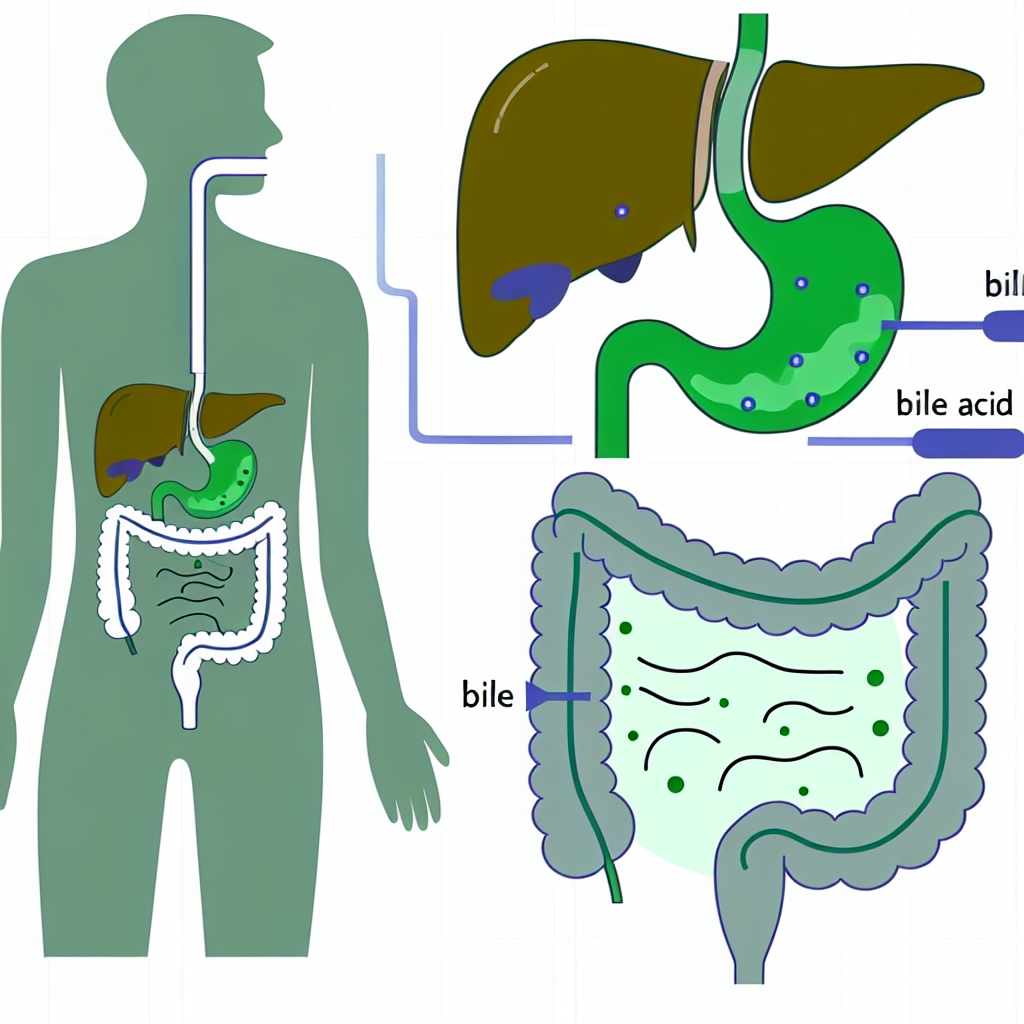Here is the cleaned up version of the blog post with the requested changes:
Gut Health for Athletes: Digestive Strategies for Optimal Performance
In the pursuit of peak physical performance, athletes often focus on rigorous training regimens, recovery protocols, and macronutrient intake. However, one often overlooked yet indispensable factor in athletic performance is gut health. The gastrointestinal (GI) system does much more than digest food—it plays a critical role in nutrient absorption, immune defense, hormonal balance, and mental clarity. A healthy gut allows the body to process nutrients efficiently, reduce systemic inflammation, and maintain physical and mental resilience, all crucial elements for optimal athletic output.
Science Says: Gut Health is the Unsung MVP of Athletic Performance
Growing research underscores the significant relationship between gut health and athletic performance. One study published in the journal Nature Medicine in 2019 found that elite marathon runners had higher levels of Veillonella bacteria in their gut microbiome, a microbe capable of breaking down lactate and converting it into propionate, a short-chain fatty acid that enhances endurance. Researchers suggested that enhancing this bacterial population could potentially act as a natural performance booster.
Another critical aspect of gut health for athletes involves the gut-brain axis. According to a research article in Frontiers in Nutrition (2021), the gut microbiota plays a vital role in managing stress responses and mental clarity. Given the high cognitive demands and mental toll of competitive sports, a well-balanced gut can help improve mood, reduce anxiety, and enhance focus, all of which are vital during competitions.
High-Intensity Training vs. Gut Integrity: The Battle Within
Intense exercise can, however, compromise gut barrier function. In a systematic review published in the American Journal of Physiology-Gastrointestinal and Liver Physiology, researchers found that prolonged exercise at >70% VO₂ max resulted in changes to intestinal permeability, leading to nausea, gastrointestinal bleeding, and systemic inflammation. The study pointed to the importance of managing these effects through tailored nutrition and hydration strategies, as well as the potential benefits of probiotics.
Nature’s Recovery Tools: Herbs and Plants That Heal the Gut
In terms of natural interventions, a 2020 meta-analysis in Phytotherapy Research reported that herbal compounds such as curcumin (found in turmeric), ginger extract, and licorice root have anti-inflammatory and gut-soothing properties. Such herbs have shown promise in reducing symptoms like bloating, constipation, and gut inflammation while supporting the mucosal lining of the intestine.
Fermented Foods: Probiotic Powerhouses for Elite Athletes
Fermented foods, which contribute healthy pro- and post-biotics to the intestines, have also gained attention. A 2021 study in Cell demonstrated that athletes who included fermented foods like kefir, sauerkraut, and kombucha in their diets showed favorable changes in gut microbiome diversity, reduced markers of inflammation, and improved immune function.
Fiber, Prebiotics, and Hydration: The Daily Digestive Game Plan
Lastly, fiber intake, specific prebiotics like inulin and resistant starch, and consistent hydration are essential to keeping the gut environment favorable. These natural strategies help foster the growth of beneficial bacteria and maintain regular bowel movements, which is pivotal for proper nutrient absorption and toxin elimination.
Conclusion: Strong Gut, Stronger Athlete
To achieve sustained peak performance, athletes must go beyond traditional nutrition and training protocols to include gut health as a core focus. A well-functioning digestive system supports efficient nutrient uptake, minimizes inflammation, and strengthens both the immune system and mental resilience. Embracing natural, herbal, and whole-food strategies—like incorporating fermented foods, gut-supportive herbs, and diverse fiber sources—offers athletes a cutting-edge, holistic approach to health and performance. As science continues to reveal the depth of the gut-performance connection, now is the time for athletes to prioritize their digestive wellness as a foundation for excellence.
Concise Summary (100 words):
Optimal athletic performance relies not just on rigorous training and nutrition, but also on the health of the gut. Recent research highlights the critical role of gut health in nutrient absorption, immune function, hormonal balance, and mental clarity – all crucial factors for peak athletic output. Strategies such as incorporating fermented foods, gut-supportive herbs, fiber, and prebiotics can help athletes maintain a strong, balanced digestive system. By prioritizing gut health, athletes can unlock enhanced endurance, recovery, and overall resilience, giving them a competitive edge in their pursuit of excellence.
References:
[1] Nature Medicine – Veillonella and enhanced performance
[2] Frontiers in Nutrition – Gut-brain axis and athletes
[3] American Journal of Physiology – Exercise and GI permeability
[4] Phytotherapy Research – Herbal options for gut support
[5] Cell – Fermented foods, microbiome and inflammation
[6] Mayo Clinic – Probiotics and dietary fiber for gut health

Dominic E. is a passionate filmmaker navigating the exciting intersection of art and science. By day, he delves into the complexities of the human body as a full-time medical writer, meticulously translating intricate medical concepts into accessible and engaging narratives. By night, he explores the boundless realm of cinematic storytelling, crafting narratives that evoke emotion and challenge perspectives.
Film Student and Full-time Medical Writer for ContentVendor.com




